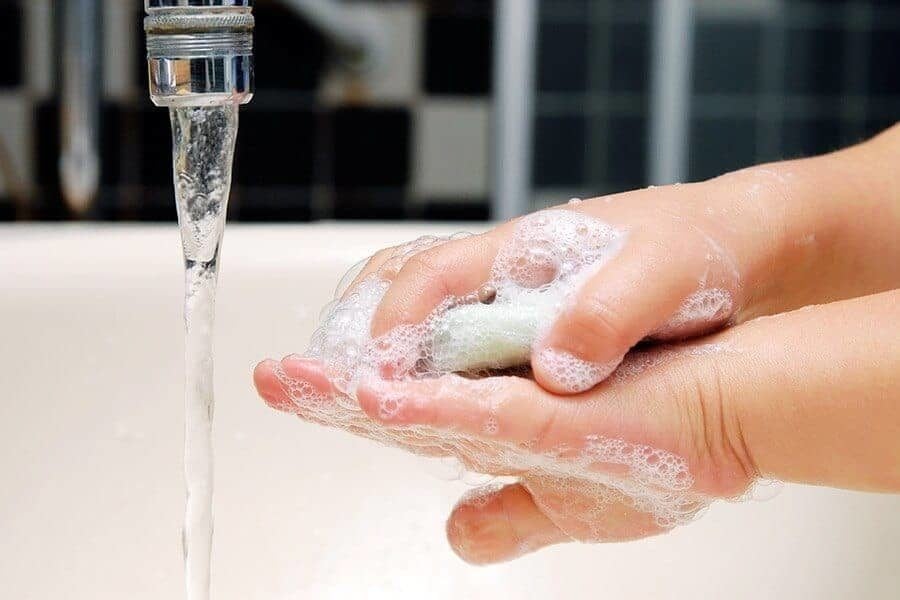Most children who get the virus will do fine and will not require emergency care, hospitalization
It has been confirmed that the death of a 4-year-old boy in New Jersey was caused by Enterovirus D68, a rare respiratory virus that has sickened hundreds of children across the Midwest. According to the Centers for Disease Control, 594 people in 43 states and the District of Columbia have been sickened by EV-D68 since mid-August.
Reports of severe illness have fueled anxiety among parents and caregivers, but infectious disease specialists at the Johns Hopkins Children’s Center expect that most children who get the bug should recover swiftly without lingering after-effects. They have compiled this primer to ease concerns and offer practical advice for staying healthy (think hand-washing, not antibiotics).
What is Enterovirus D68?
Enterovirus D68 belongs to a family of nearly 100 viruses that cause a wide range of symptoms, infecting millions of people around the world each year. First identified in the 1960s, Enterovirus D68 is not a new virus. It affects predominantly children and teens and causes mild to moderate upper respiratory infections. Some people may also develop more serious infections of the lungs. The virus is contained in airway and mouth secretions, such as saliva, spit, and nasal mucus, and is spread in much the same way as the common cold and the flu viruses—by touching contaminated surfaces, coughing, and sneezing.
How dangerous is it?
In most healthy children, the virus will cause brief and self-limiting illness that resembles a bad case of the common cold, but it could lead to more severe disease and respiratory distress, particularly in those with underlying chronic conditions such as asthma, cystic fibrosis, sickle cell disease, heart disease, or compromised immune function.
How is it treated?
There is no specific treatment for this virus. Children should drink plenty of fluids to avoid dehydration and rest until fully recovered. Antibiotics used to treat bacterial infections will NOT work against this, or any other, virus. Over-the-counter anti-inflammatory medications, such as ibuprofen, can help reduce fever, pains and aches. Aspirin should not be given to children.
What can I do to reduce the risk of infection?
Follow common-sense hygiene etiquette. The single most effective way to reduce the risk of infection is to wash hands frequently and avoid touching your face. Sneeze and cough into your sleeve rather than in the palm of your hand. Keep home children with cough and fever to avoid spreading the virus to others. Make sure that infected family members use separate hand and facial towels and do not share cups, glasses, or utensils.
When should I take my child to the ER?
Most children who get the virus will do fine and do not require emergency care or hospitalization. A small number of children may go on to develop more serious disease and require urgent medical attention or emergency treatment.
One or more of the following warrants a trip to your pediatrician’s office or to the ER:
- Struggling to breathe, apparent respiratory distress
- Severe, prolonged vomiting
- Fever over 103 degrees that does not break in 48 hours
- Lethargy


